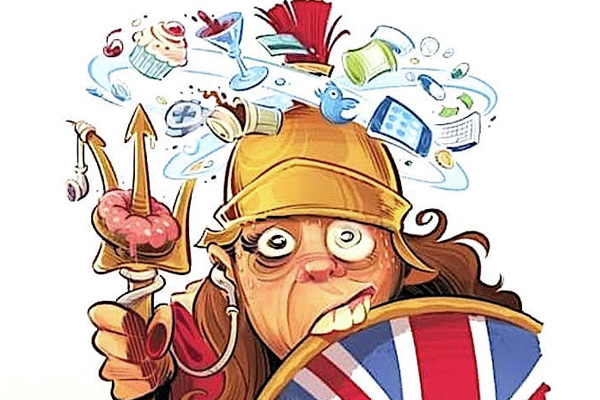AND WE LOVE IT –
Dec. 27, 2021 – It’s a behaviour that seeks to medicate fear, sorrow, boredom, regret, anomie, heartbreak, or the existential heebie-jeebies: take your pick. That desire — the desire to take your eye off the ball for a bit — is not unique to people we think of as addicts. You can call it a spiritual condition, or a neurological one, or a psychological one … or you could see it as, in one form or another, a universal. Looked at that way, the difficulty isn’t finding a wide enough definition of addiction to encompass both the victims of Sackler profiteering and the author of The Thursday Murder Club; it’s finding a narrow enough definition to make them significantly different from the rest of us.
The mechanisms of addiction — craving, overconsumption, dependence, shame and furtiveness, the chasing of irretrievable or imaginary highs, the diminishing returns of the old reward loop — are not just a weird deviation from the norm. They are the norm. They’re what the modern economy — and not just the Sackler fortune — is built on. The biggest tech companies in the world are built on the psychology of addiction: the craving for that next notification, that like, that retweet, the ping of an incoming email,the not-quite fulfillment of dinging another level on Candy Crush. And they’re just vanguard refinements in the limitless digital space of an economy already built on the queasy high of retail therapy, fast fashion and sugar-laden ‘treats’. What social science graduates of a certain stripe like to call ‘late capitalism’ depends on creating new and impossible to satisfy desires, and it is extremely good at it. There’s no twelve-step treatment for it, either.



